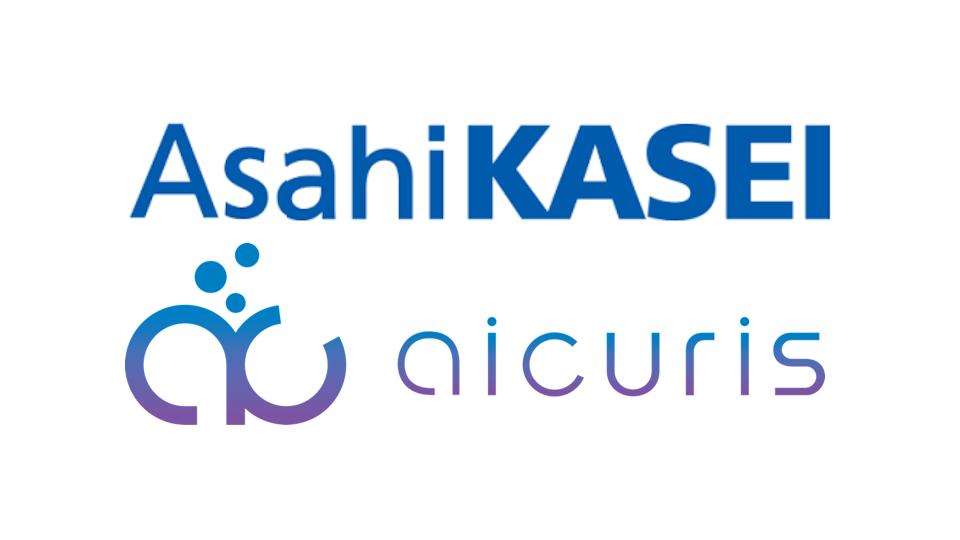Illumina admits defeat in Grail quest, opting to divest

Illumina has said it will divest cancer detection company Grail, marking the end of a long-running antitrust dispute that has claimed the jobs of its former CEO and chair.
The decision was prompted by an appeals court ruling in the US that found in favour of the Federal Trade Commission (FTC), which had objected to the $7.1 billion takeover of Grail in 2021, arguing it would have anticompetitive effects on the emerging multi-cancer early detection (MCED) or ‘liquid biopsy’ market.
In the summer, Illumina also lost a European case, which resulted in a €432 million fine for the company by the European Commission for completing the merger without prior regulatory approval.
Illumina previously said that it would divest Grail if it was unsuccessful in appeals through the US and EU legal systems, and it has now set a timeline to complete a sale by the end of the second quarter of 2024.
“We are committed to an expeditious divestiture of Grail in a manner that allows its technology to continue benefitting patients,” commented Jacob Thaysen, CEO of Illumina, who took the helm of the gene sequencing giant shortly after former CEO Francis deSouza resigned his position in June.
Former chair John Thompson was ousted at Illumina’s annual general meeting a few weeks earlier by investors, led by billionaire activist investor Carl Icahn, who were incensed by the company’s decision to press ahead with the acquisition, despite opposition from the financial regulators.
Illumina said the divestiture will be executed through a third-party sale or capital markets transaction. Grail – which was originally part of Illumina before it was spun out in 2016 – has been operating as a separate organisation ever since the acquisition went through.
“The management team and I continue to focus on our core business and supporting our customers,” said Thaysen. “I am confident in Illumina’s opportunities and our long-term success.”
MCEDs, like Grail’s Galleri test, aim to detect dozens of different forms of cancer from fragments of cell-free DNA (cfDNA) that leak from tumours and can be detected in the blood. As Illumina is the biggest supplier of equipment used to analyse DNA in blood samples, regulators have been concerned it could squeeze other MCED developers out of the market.
Illumina had previously described orders by the US and EU regulators to reverse the acquisition as “unlawful, inappropriate, and disproportionate.”













